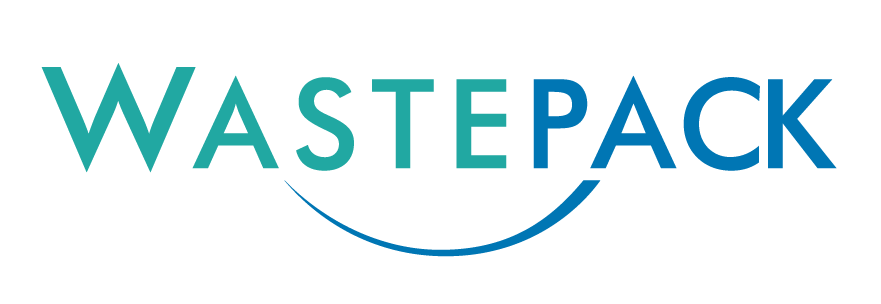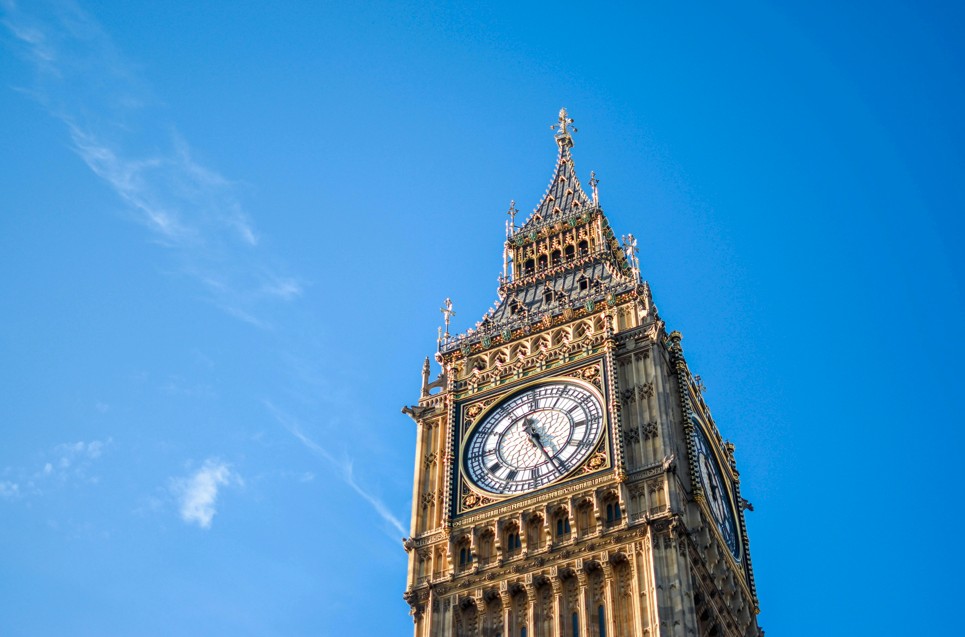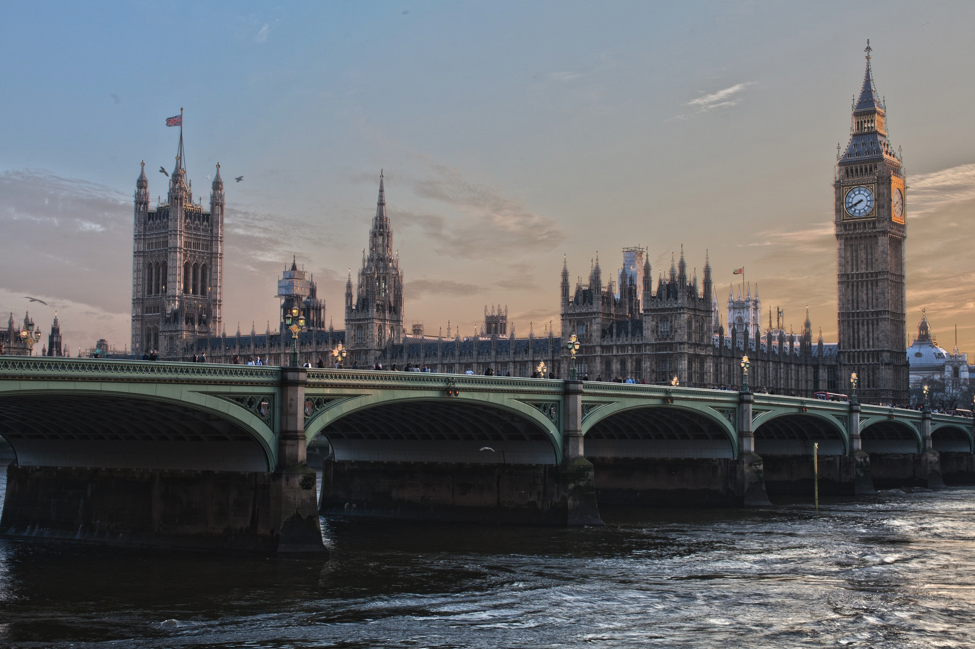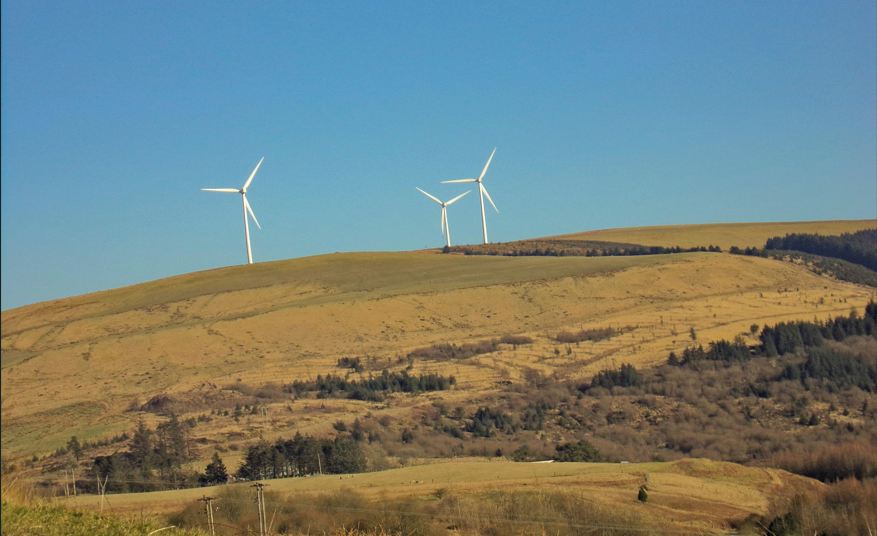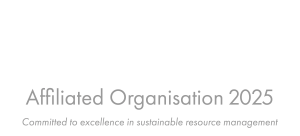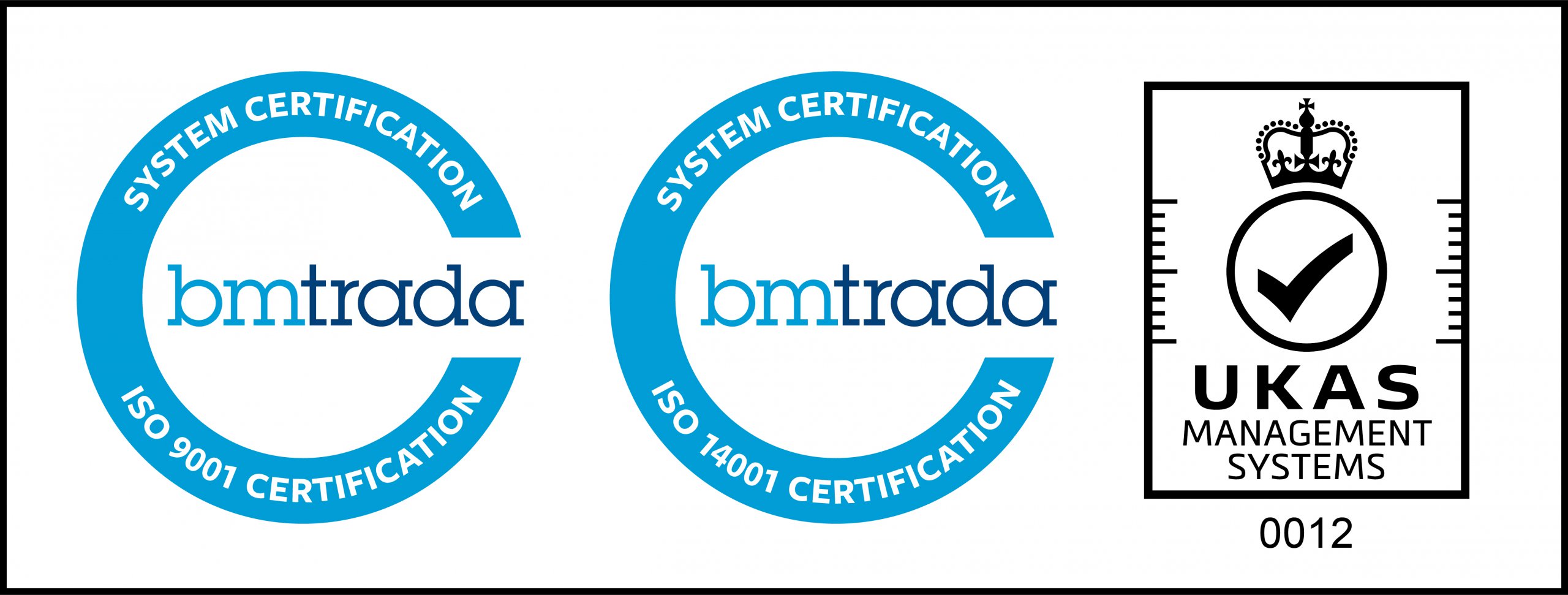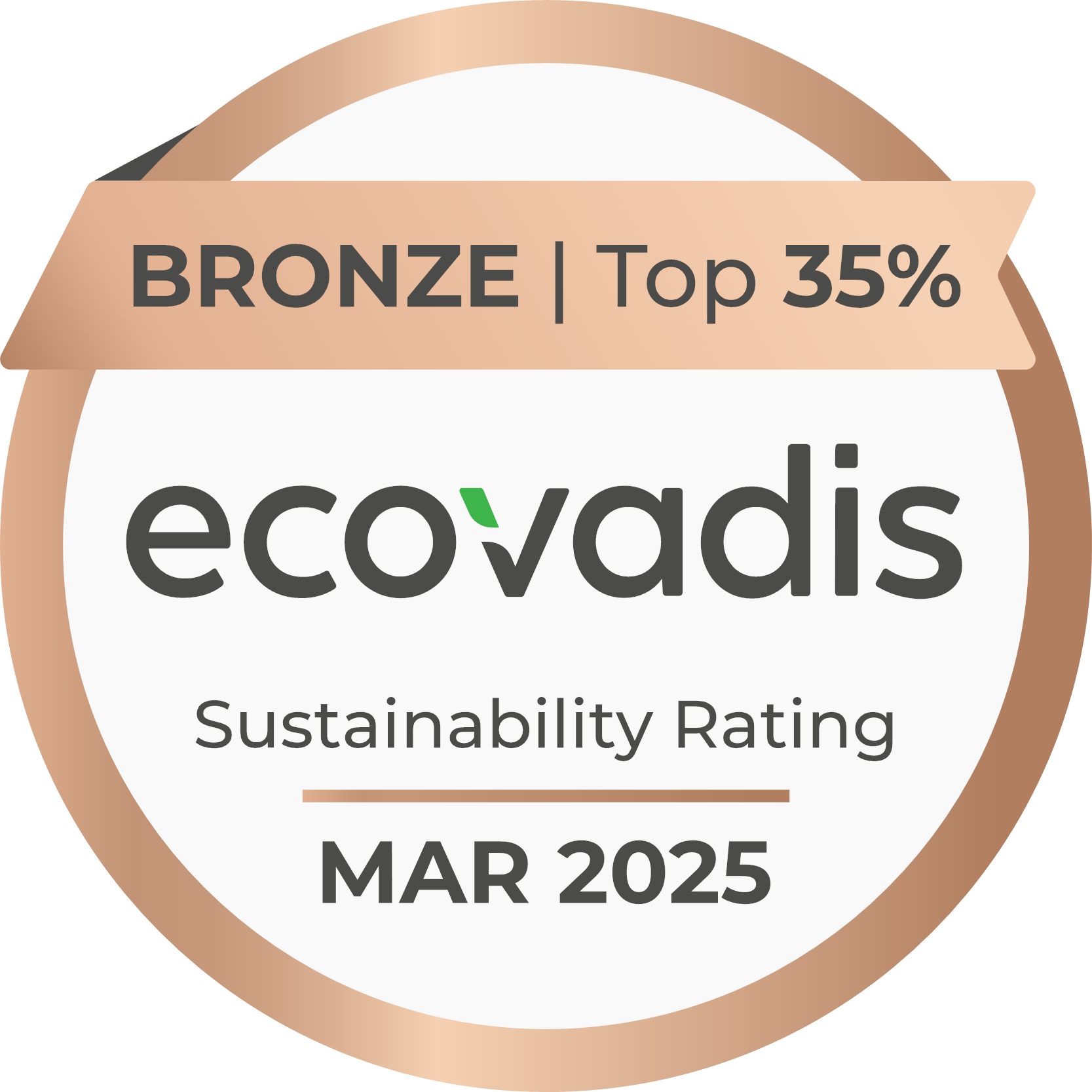The proposal submitted by the Joint Trade Association for 2019’s waste electrical and electronic equipment (WEEE) compliance fee was approved by ministers in early February.
To be administered by accountancy group Mazars, the proposal was accepted following some modifications agreed between Defra and the JTA. The decision to approve the proposal was taken following a consultation which began in October 2019.
As in 2018, proposals for the fee were put forward by the compliance scheme Valpak and the JTA, a group of product-focused trade associations who work on policy issues around producer responsibility. This will be the third consecutive year in which a JTA-proposed methodology has been used to determine the fee.
Susanne Baker, chair of the JTA and associate director of climate, environment and sustainability at techUK, said: “While it is naturally disappointing that once again we are faced with a year in which the compliance fee is needed, we are pleased that Defra has chosen this producer-backed methodology for the operation of the 2019 Compliance Fee.
“We sought views from economists on the design of the fee to ensure it remains appropriate given current market conditions.
“Following their advice, our proposal is little changed from previous iterations.
“We proposed some small changes to reflect the introduction of the mandatory Producer Compliance Scheme Balancing System, new regulatory requirements for persistent organic pollutants and a new escalator.
“One of these features, on the PBS, has made it through to the final methodology.”
Fee
The compliance fee is an alternative mechanism used by compliance schemes and obligated business if they have insufficient recycling evidence to meet their WEEE collection targets for the year.
Targets are usually met through acquiring evidence of recycling for material collected at civic amenity sites.
The aim of the fee is to discourage compliance schemes from collecting significantly more WEEE than specified in their collection targets and then seeking to sell the surplus evidence to schemes looking meet their obligations.
